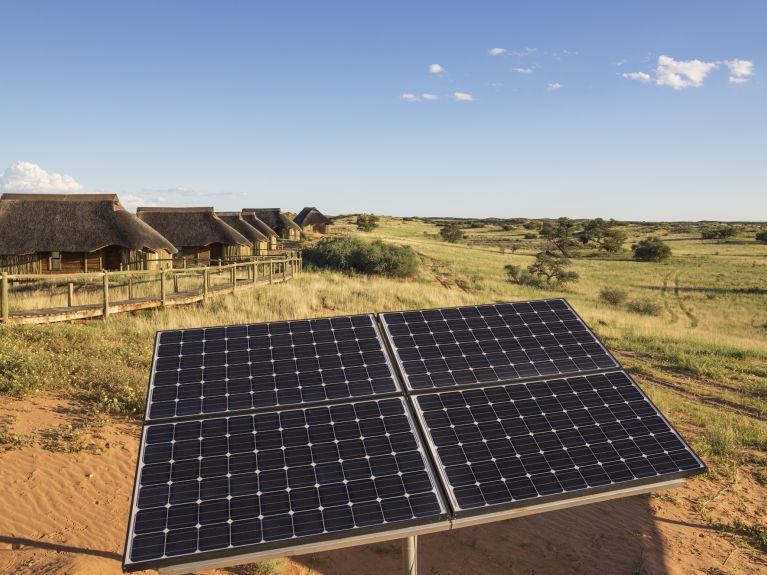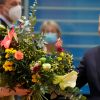Climate protection as a goal of development cooperation
Germany has set itself two major international goals: combating coronavirus and climate change.

The SPD, the Greens and the FDP are forming the new government in Germany. Federal Chancellor Olaf Scholz is head of government. In accordance with the coalition agreement, the primacy of climate protection in all policy areas also applies to the work of the Federal Ministry for Economic Cooperation and Development.
Climate protection as a development goal
“We will invest more in the protection of existing forests and marshlands and sustainable reforestation projects to achieve our climate targets. For this purpose we shall especially develop our policies to promote private-sector and small-scale sustainable forestry,” says the coalition agreement. Climate and development partnerships are to be used to make important technologies available to partner countries for sustainable development.
The coronavirus pandemic and the COVAX programme
“We will expand efforts on Water, Sanitation and Hygiene (WASH), provide adequate support for the global vaccination alliance and intensify the fight against neglected tropical diseases associated with poverty,” say the government partners in the coalition agreement. The fight against the coronavirus is of central significance here. The partners will strive for a reform and strengthening of the World Health Organisation (WHO) as well as better funding for and faster supplies to COVAX, the global vaccination campaign. In addition: “We support voluntary production partnerships and the transfer of know-how to expand the production capacities for medicines and vaccines worldwide.”
Promoting democracy
Support will be provided to civil society actors worldwide. Financial support for governments or actors that are close to governments will be tied to clear conditions: recipients must show their commitment to democracy, the rule of law, human rights, a free press and the fight against corruption.
The United Nations 0.7% target
Industrialised countries should spend 0.7% of their gross domestic product (GDP) on funding the economic and social development of developing countries – that is a declared goal of the United Nations. In 2020 Germany achieved this quota for the second time after 2016 – and, according to the coalition agreement, aims to continue doing this in the future. The agreement also states that 0.2% is to be reserved for the poorest countries of the Global South (Least Developed Countries/LDCs).
(With dpa / DW)
You would like to receive regular information about Germany? Subscribe here:


